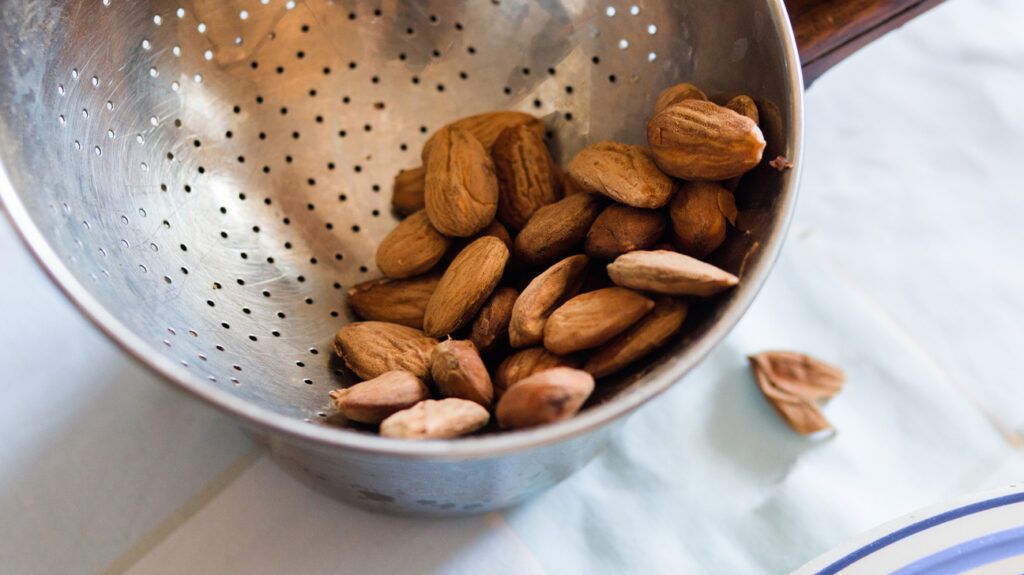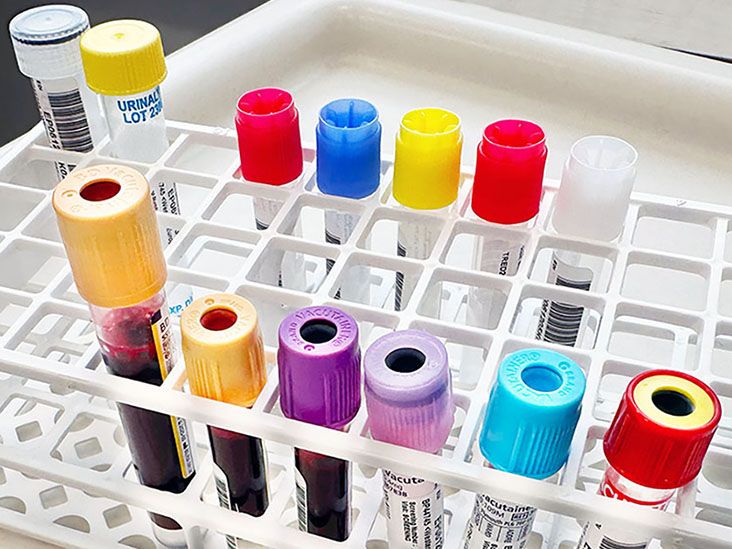Nuts are a good source of nutrition and provide a range of health benefits. However, some nuts are better than others for people with diabetes.
Around
Lifestyle significantly affects type 2 diabetes, and diet plays a major role.
Nuts are one of several foods that the American Diabetes Association lists as beneficial for people with the condition.
In this article, we describe why nuts can be of use to those with diabetes and examine five of the best nuts to incorporate into a balanced diet.

Nuts contain high levels of beneficial fats.
The unsaturated fats in nuts perform a range of important functions, such as supporting cell growth and protecting organs,
Additionally, nuts are rich in protein, an essential nutrient, and contain a range of other nutrients that are important for physical health, including:
- fiber
- vitamins, such as vitamin E
- folate
- thiamine
- minerals, such as magnesium and potassium
- carotenoids
- antioxidants
- phytosterols
However, not all nuts benefit people with diabetes. For example, it is important to avoid salted nuts because the salt may
The following are the best nuts for people with diabetes:
Almonds have a range of benefits for people with diabetes.
A
A 2021 review found that almond consumption can affect the lipids, or fats, in a person’s blood. Almond intake reduces low-density lipoprotein (LDL) cholesterol, triglyceride, and total cholesterol. There is no significant effect on high-density lipoprotein (HDL) cholesterol, which helps remove LDL cholesterol from the arteries.
Improvements in lipids may reduce the risk of cardiovascular disease.
Walnuts are high in calories but have many benefits, including
They are also a good source of omega-3 fatty acids, which have numerous health benefits.
In a
They found that people who had eaten walnuts in the past 24 hours were half as likely to have diabetes as those who had eaten no nuts in this period.
Cashews can help improve the ratio of HDL to LDL cholesterol and lower the risk of heart disease.
In a 2018 study, researchers gave 300 Asian Indian participants with type 2 diabetes either a cashew-enriched diet or a typical diabetes diet.
Those on the cashew-enriched diet had lower blood pressure and higher levels of HDL cholesterol after 12 weeks. The cashews also had no negative effects on blood glucose levels or weight.
Pistachios contain
Studies have revealed the many health benefits of pistachios, including their antidiabetic properties.
A 2022 study showed that pistachio leaf (P. vera) extract can slow the digestion of carbohydrates by inhibiting certain enzymes involved in breaking down carbohydrates. This can help decrease blood sugar (glucose) absorption and lower blood glucose levels.
P. vera extract also has antioxidant properties, which can reduce oxidative stress and potentially benefit people with type 2 diabetes.
Peanuts are a
A 2021 review of studies concluded that peanuts and tree nuts did not significantly affect LDL cholesterol and HDL in cholesterol people with type 2 diabetes. However, they had links to a reduction in total cholesterol and triglyceride levels.
This suggests that incorporating peanuts and tree nuts into the diet may benefit individuals with type 2 diabetes in managing blood lipids.
Nuts are a diverse food that people can easily incorporate into a nutritious diet. They are a good source of protein and beneficial fats for those with diabetes.
To avoid excess calorie intake, consider a serving size to be a small handful or one-quarter of a cup.
Nuts can make a simple snack. Most are safe to eat raw and are available in many grocery stores. People with diabetes should avoid salted, sugared, or candied varieties.

